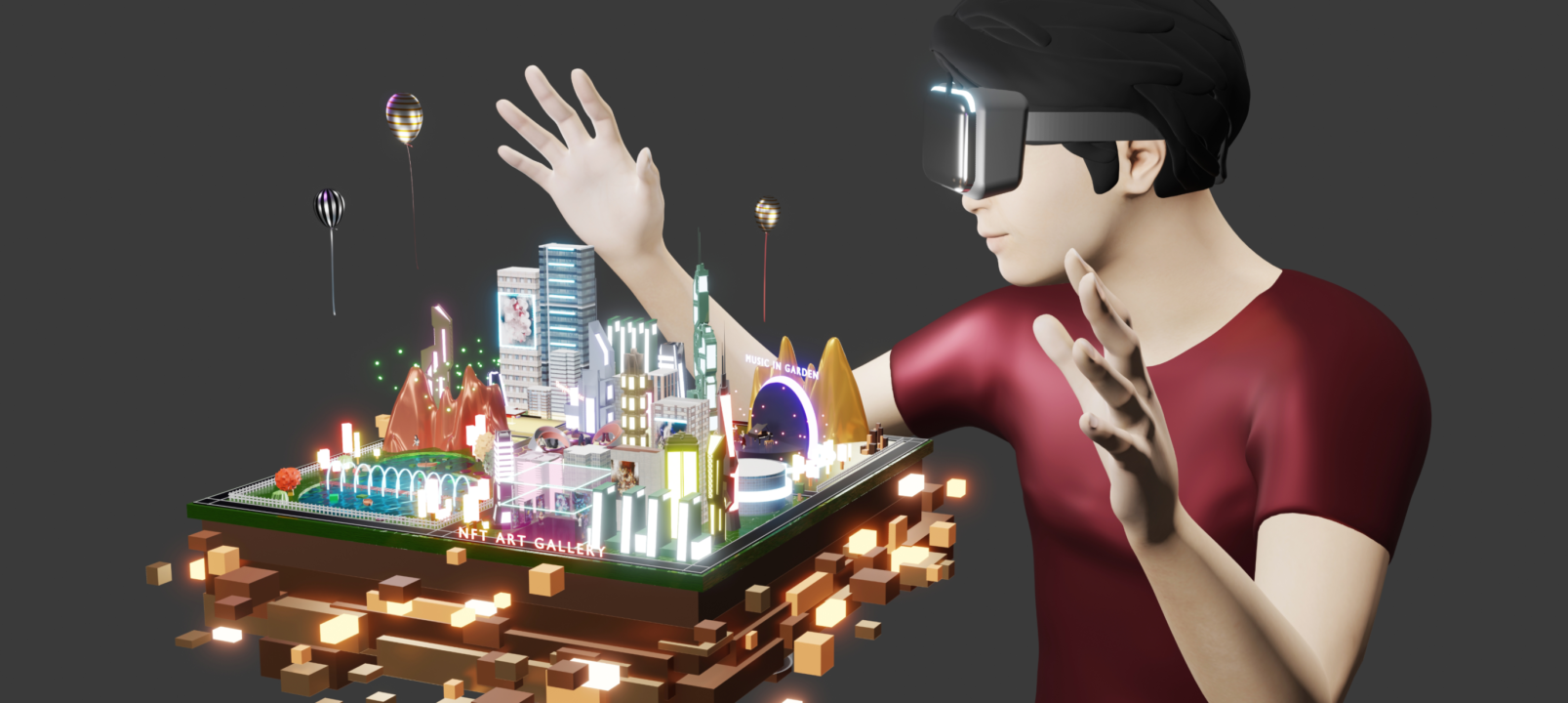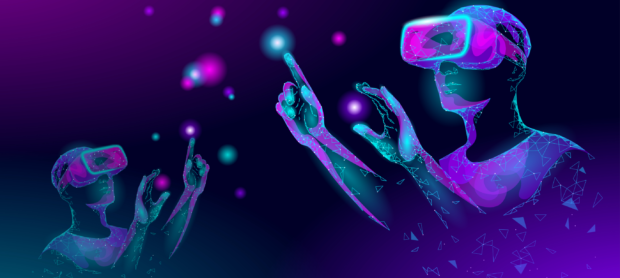The concept of meta-universe is steadily gaining momentum, ready to revolutionize our reality in various spheres, including tourism. According to a recent McKinsey study, this advanced digital universe could catalyze growth in the tourism industry, predicting an influx of more than $20 billion by 2030. This potential meta-universe could offer unprecedented, innovative experiences that push the boundaries of conventional tourism. Thus, the meta-universe can take the travel industry to new heights by merging our physical presence with digital reality.
Areas of Techology
Recently, the meta-universe has piqued many people’s interest and curiosity. This technology has tremendous possibilities that are redefining research.
One compelling example of the possibilities of the meta-universe is the innovative approach of French company Histovery. Using augmented reality technology, they created an immersive exhibition that tells the rich history of Notre Dame de Paris. Through this interactive experience, visitors were able to see the cathedral’s past unfold before their eyes.
MGM Resorts International, one of the leading players in the hospitality industry, utilized the potential of the meta-universe in their staff education and training. Using virtual reality, they created a modern and realistic learning environment for their staff.
Virtual platforms such as ZEPETO World and BCB Group’s meta-universe provide travelers with the opportunity to take a virtual trip to the world’s landmarks. People with a thirst for travel can now explore famous destinations from the comfort of their homes. Moreover, Saudi Arabia’s Royal Commission for AlUla has placed the ancient city of Hegra in the meta universe, allowing digital tourists to explore its wonders.
The report emphasizes that the meta-universe offers a multitude of use cases. From the initial stages of inspiration and planning to visitor support. These areas show significant potential for using the meta-universe to enhance travelers’ experiences.
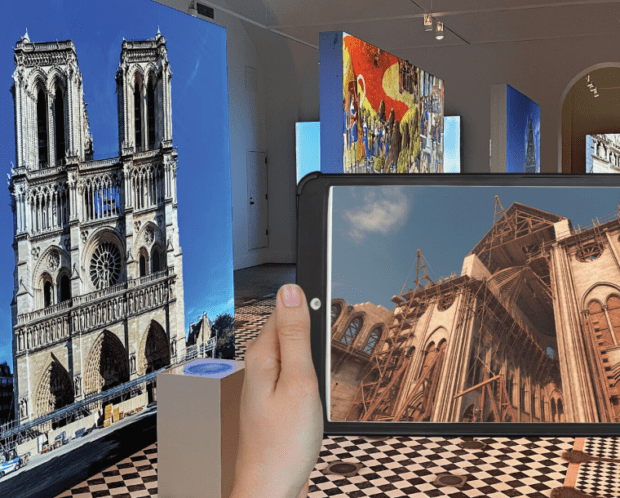
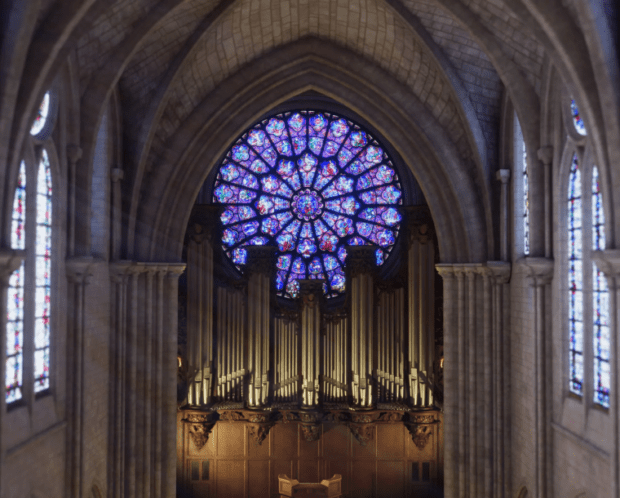
Tourism opportunities
As the world of the “metaverse” evolves, it is clear that it offers promising prospects for the travel industry. According to McKinsey, forward-thinking travel companies that want to be at the forefront of technological innovation need to explore this direction.
Among the industry’s early adopters of the meta-universe are two strategic approaches: virtual event centers and immersive recreations of iconic attractions in augmented reality (XR).
Virtual event centers are evolving digital venues that are designed to host business meetings, entertainment and retail events. They generate revenue through ticket sales and attendance fees. At the same time, XR offers an interactive environment that allows visitors to explore, socialize and learn about places they might otherwise overlook.
Solving problems and capitalizing on advantages
Despite the enticing prospects of metaverse, travel companies must recognize and address a number of challenges. More important problems like interoperability, data security and the availability of metaverse-compatible devices are major barriers to adoption.
The challenges, while significant, they are not insurmountable. McKinsey writes that by overcoming these challenges, travel companies can simultaneously explore the potential of the metaverse to change travelers’ itineraries. For example, partnerships with meta-universe platforms, outlets, and communication channels can open up opportunities to create unique and engaging virtual travel experiences.
The Rise of VR Experiences in Travel Planning
Virtual reality is evolving in the travel industry, and a recent study by Booking.com has yielded some interesting insights. More than 24,000 travelers from 32 countries were surveyed in the study.
In 2023, 43% of people surveyed plan to use VR as a source of travel inspiration. Leading the way are China, Thailand and India with 75%, 72% and 70% in using VR for travel planning. Interestingly, VR is having an impact on the choice of destination. The study found that 46% of participants are willing to visit places they have not previously considered.
In addition, the study looks at the potential for multi-day VR travel: 35% expressed interest in doing so. However, 60% of participants still find traditional travel more exciting.
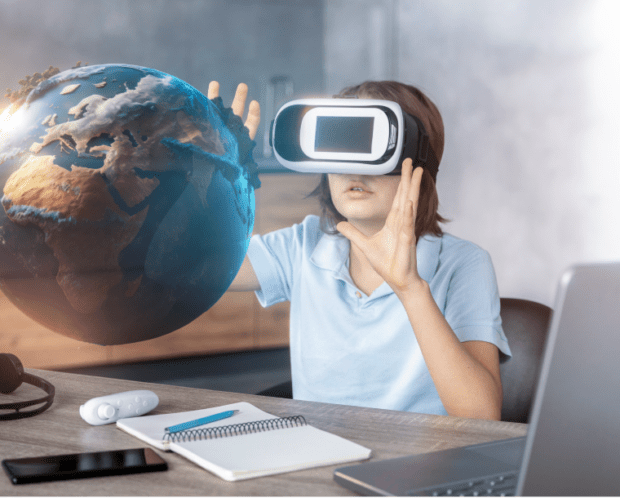
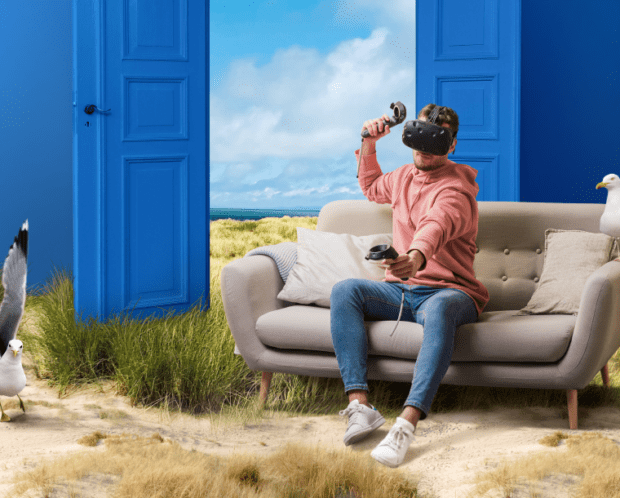
Final Thoughts
But it takes more than vision to navigate this digital realm. It takes experience and a deep understanding of technology. It takes a team capable of creating experiences that thrill and inspire.
At Eventyr, we’ve assembled a top-notch team who are not just familiar with these areas, but have been involved in shaping them. Contact us today and let’s explore the possibilities of the meta universe together. Step into the future together with Eventyr.
